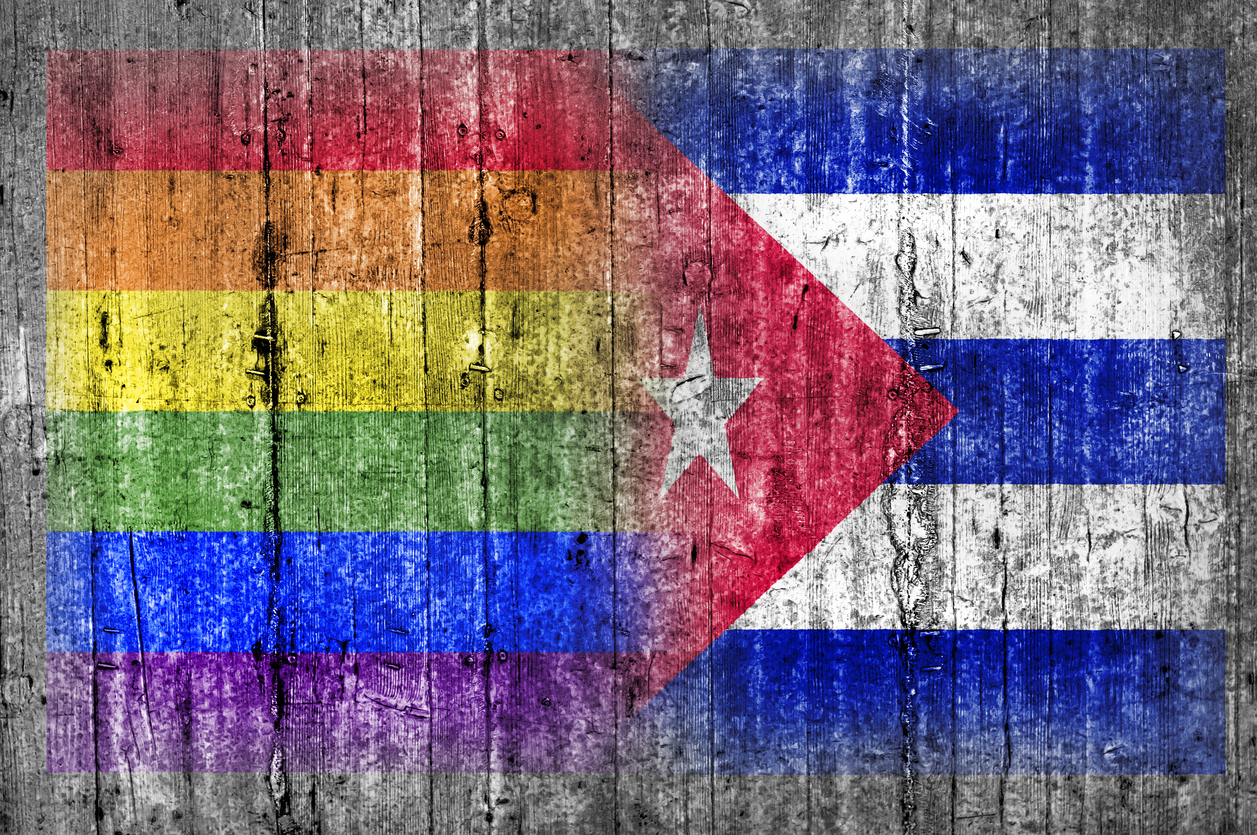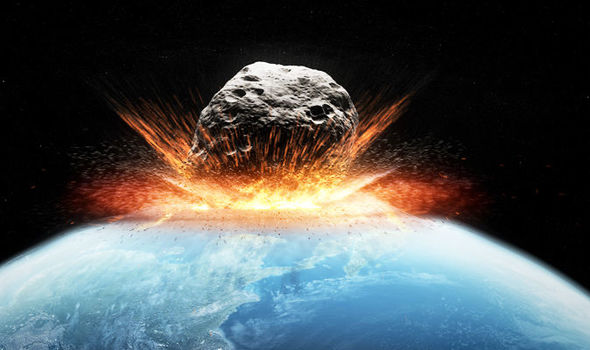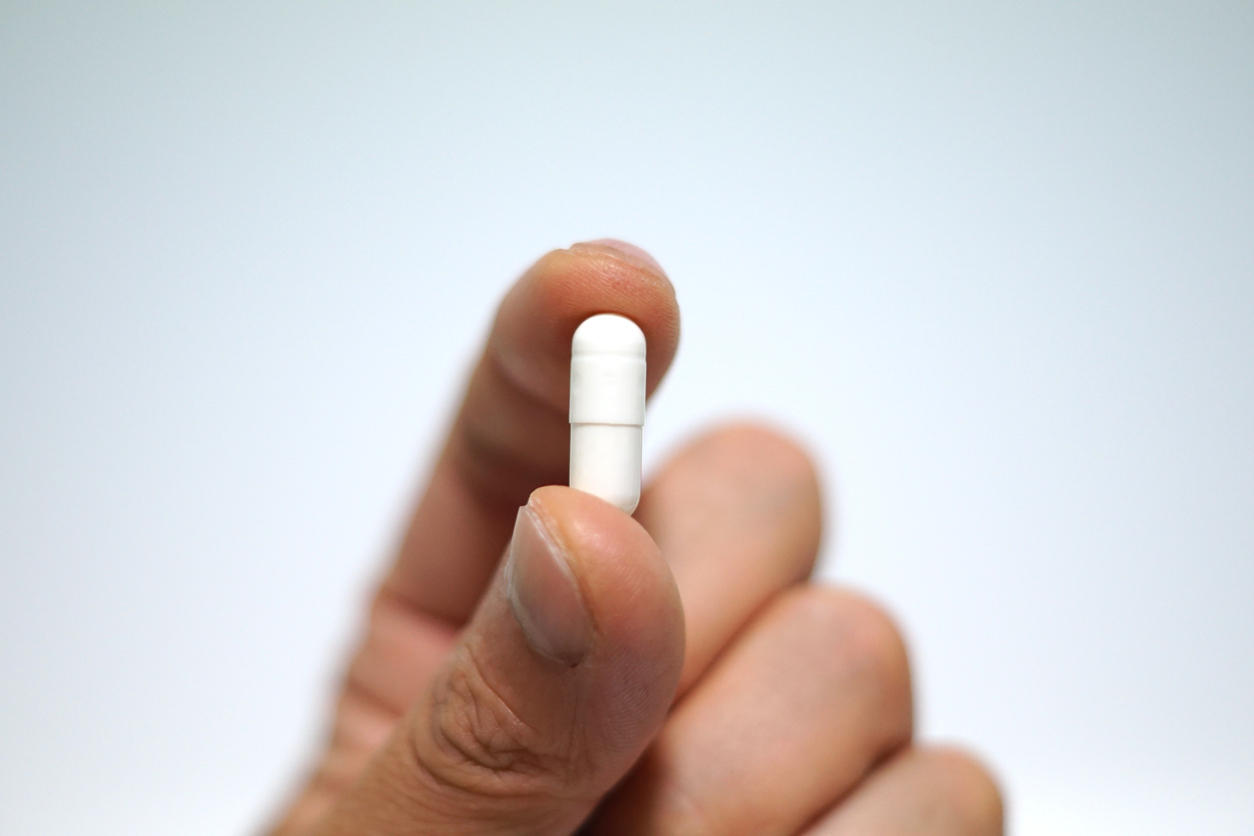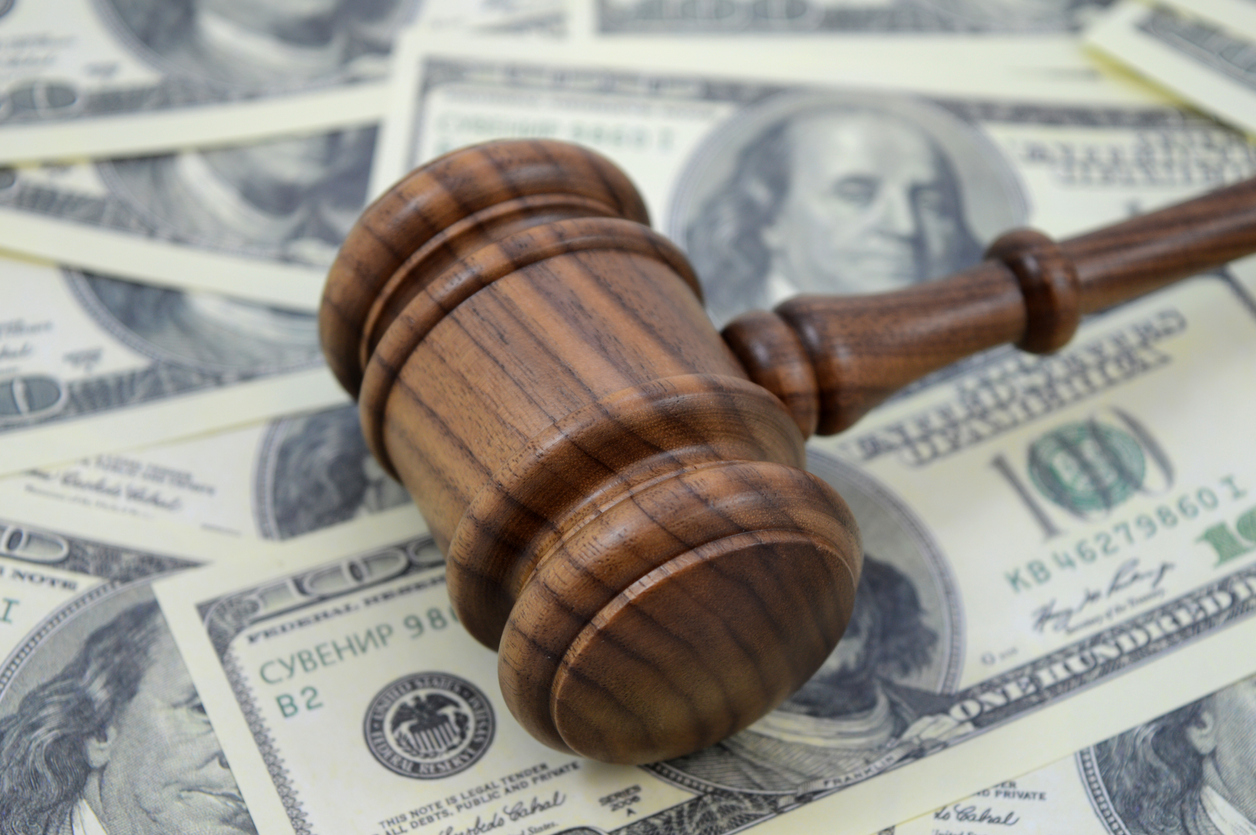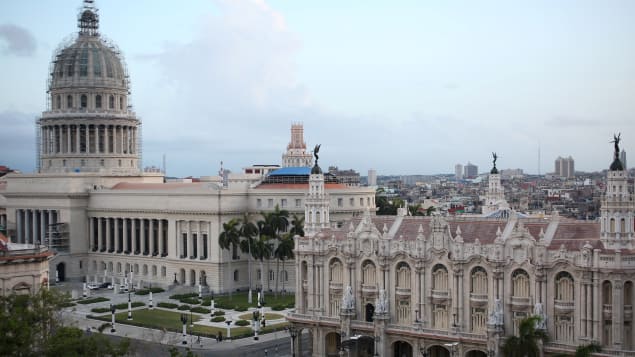
The election of a successor to Raoul Castro and a new Council of State in Cuba next month will mark the coming to power of a new generation of elected officials who have not experienced the revolution and who will, for the first time in almost 60 years, without the Castro brothers.
The Cuban electoral process is very special. It is described by propaganda posters as an “authentic demonstration of democracy”. What we can say is that it is complicated and starts from the ground up: municipal elections. These took place in November 2017. Several candidates ran for each position.
Even if there are no election campaigns – a taboo in Cuba – voters have a choice and, in general, they personally know the candidates even if their performance is limited to a photo and a short biography.
Then, on January 21, 2018, 168 municipal assemblies chose candidates for the National Assembly from the pool of more than 12,000 municipal councilors. The latter were elected in November 2017. The names are proposed by different unions and civic organizations: students, Federation of Cuban Women, Union of Writers, Central Cuban Workers, Union of Culture, etc.
The municipal assemblies have chosen from among all the proposals 605 people, who become “precandidates”. The latter ran for election on March 11, 2018. There, there is no choice. There is only one candidate per constituency. We vote for him or we do not vote.
The only requirement for candidates to go public in the region they will represent in the National Assembly, especially if they are not native. A good half of the members must still be from the region they represent.
These 605 deputies, elected on Sunday , have a good month until the D-day, April 19, to draw up a list of 31 names for the future Council of State they will elect. It is supposed that there will be negotiations, negotiations, but they will remain secret.
These 31 people will all be deputies and, among them, the Assembly will choose the president, successor of Raul Castro, a first vice-president and five vice-presidents. The members of the Council of State will then choose among them the ministers who will form the next government.
This “election” should leave the last “revolutionaries” still in office at the Council of State, where the “rejuvenation”, already well begun, will be completed. None of its members should have known the revolution.
The first vice-president, Miguel Díaz-Canel, is meanwhile tipped to succeed Raul Castro.
In the municipal elections, opposition groups such as “Otro 18” or “Candidates for Change” tried to sneak among the candidates. Unlike 2015, when one of them had managed to get elected, all were spotted and rejected by “the system”.
According to the Cuban Communist Party, there is no room for an opposition.
Yet, more and more Cubans are daring to say that the political system must change, become more open to other opinions, to other ideas. Groups have been formed in recent years to discuss issues of democracy and the electoral system.
We must be more transparent. We must accept the possibility of having different opinions. It is necessary to create the mentality that will make the political decisions must be the result of a discussion, a deep deliberation, ample, problems, because I think that one of the problems of the Cuban government is that there is a lot of opacity. There is not a lot of transparency.
Carlos Alzugaray, former Cuban ambassador and academic
But these ideas have not yet penetrated the system. If there is debate, it is done internally and in intellectual circles. Carlos Alzugaray is a witness.
“There was a campaign by people very close to the government against the centrists during the summer. I am a centrist. For them, you must fully accept the line. If the line changes, everything changes with the line. If you do not do what they want, you are an enemy of the revolution. That’s introducing a terrible division, “he says.
New elected officials, new politics?
Carlos Alzugaray is convinced that the “ideologues of the hard left” did not win the game. So that Reformers can impose themselves within the National Assembly, the Council of State, the next government, maybe it is going a little far, a little fast. Raul Castro has always had the reputation of being a pragmatist: “liberal” economically, advocating reforms that he would have liked faster and radical, they say, but quite orthodox on the political level.
We must therefore expect from the power of the new generation in Cuba a lot of continuity and some changes, especially on the economic level.
Its great challenge is to unify the two currencies, the Cuban peso (CUP) and the convertible peso (CUC), and above all to raise the salaries of state employees, who still make up 70% of the workforce. There are 500,000 small entrepreneurs or cooperatives whose relevance has been recognized by the last congress of the Cuban Communist Party.
The new leaders will also have to tackle a draft new constitution that should be debated by Cubans and ratified by a referendum. When? No deadline was mentioned.
